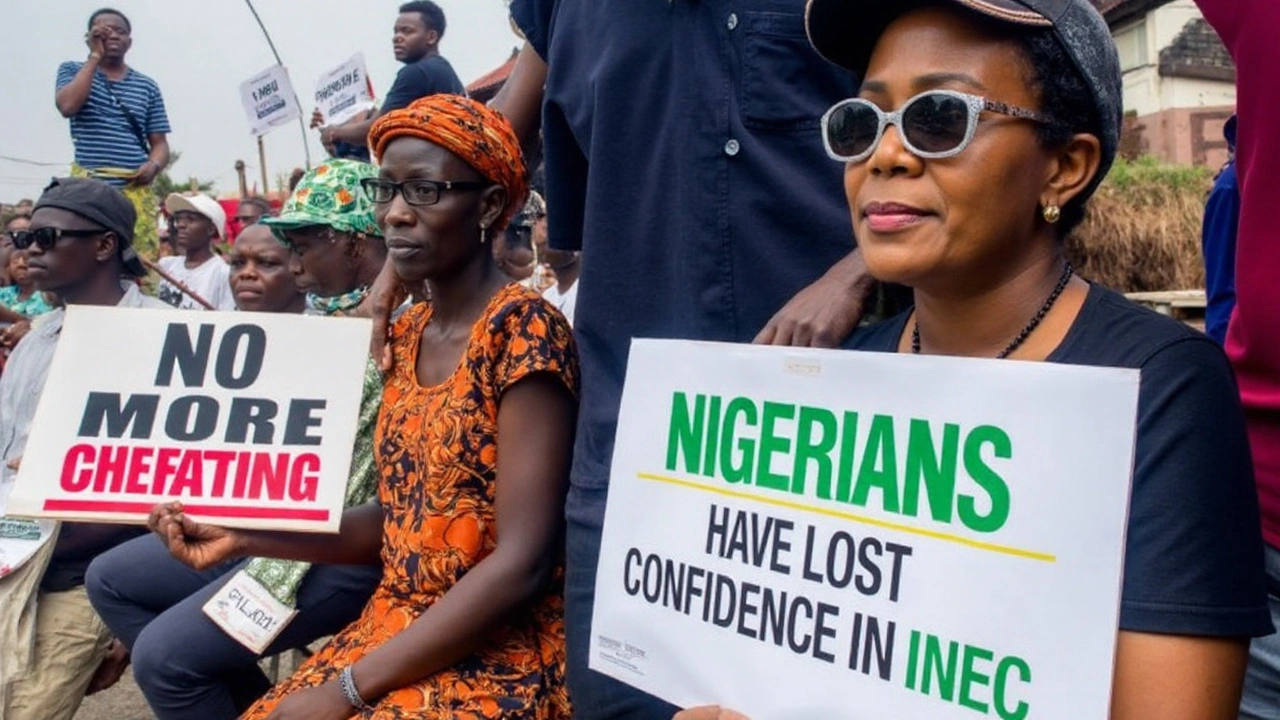Nigeria Elections: What’s Happening Right Now?
If you’re curious about the latest on Nigeria’s elections, you’re in the right place. In the past weeks the country has seen a flood of vote counts, protest rallies and heated debates on the ground. Below you’ll find the most useful info to understand what’s going on, why it matters and what could happen next.
Key Results So Far
By the end of the first counting round, the incumbent party secured about 42% of the vote, while the main opposition gathered 38%. Smaller parties together made up the remaining 20%. In the north, turnout was higher than in the south, which is typical because of the different weather and campaign strategies. The election commission posted the numbers on its website, and most major news outlets have replayed the same figures.
One thing many readers miss is the impact of rejected ballots. Roughly 3% of the total votes were invalid, mostly because of missing signatures or improper markings. That might look small, but in tight districts those rejected votes could tilt the balance.
Why It Matters
The election outcome will affect everything from oil revenue distribution to education spending. If the opposition gains control of key states, we may see a shift in how federal funds are allocated to schools and hospitals. On the other hand, a win for the ruling party could mean continuity in current projects, such as the water safety initiatives in schools that you read about on Schools Water Daily.
Security is another big factor. Over the past month, there have been several reports of clashes between supporters of different parties, especially in the central regions. The government has deployed extra police, but observers say the tension could spill over into the next round of voting if disputes aren’t settled quickly.
International observers from the African Union and the European Union have praised the overall process but warned about “logistical bottlenecks” in rural areas. Their statements matter because foreign aid and trade deals often hinge on perceived electoral fairness.
For everyday voters, the most practical takeaway is to keep an eye on local results and any announcements about recounts. A handful of districts are headed for a second count, and those numbers can change the national picture.
In short, the Nigeria elections are more than just a numbers game. They shape policies that affect water access in schools, job creation, and even the price of everyday goods. Stay tuned, check official sources, and watch how the final tallies unfold—because the next few weeks will set the tone for the country’s future.

INEC Must Act Now to Rebuild Trust Before 2027 Election
- by Masivuye Mzimkhulu
- on 26 Sep 2025
Nigeria's electoral body faces a credibility gap after a dismal 2023 turnout and a broken tech promise. EU observers say the lack of transparency eroded voter confidence. With the 2027 election looming, experts warn that without urgent reforms, democracy could slip further. Trust can only be restored through clear action, not empty vows.